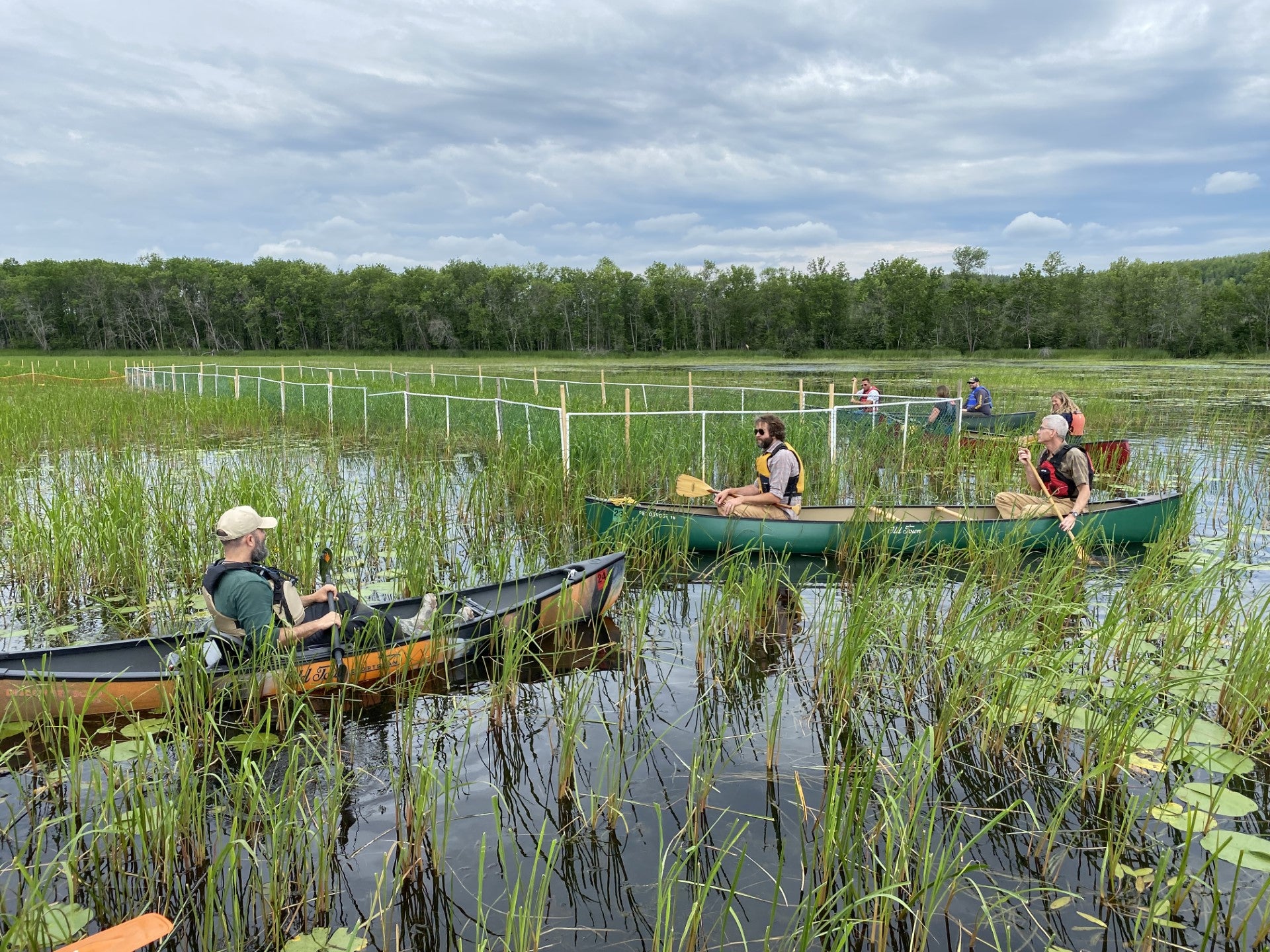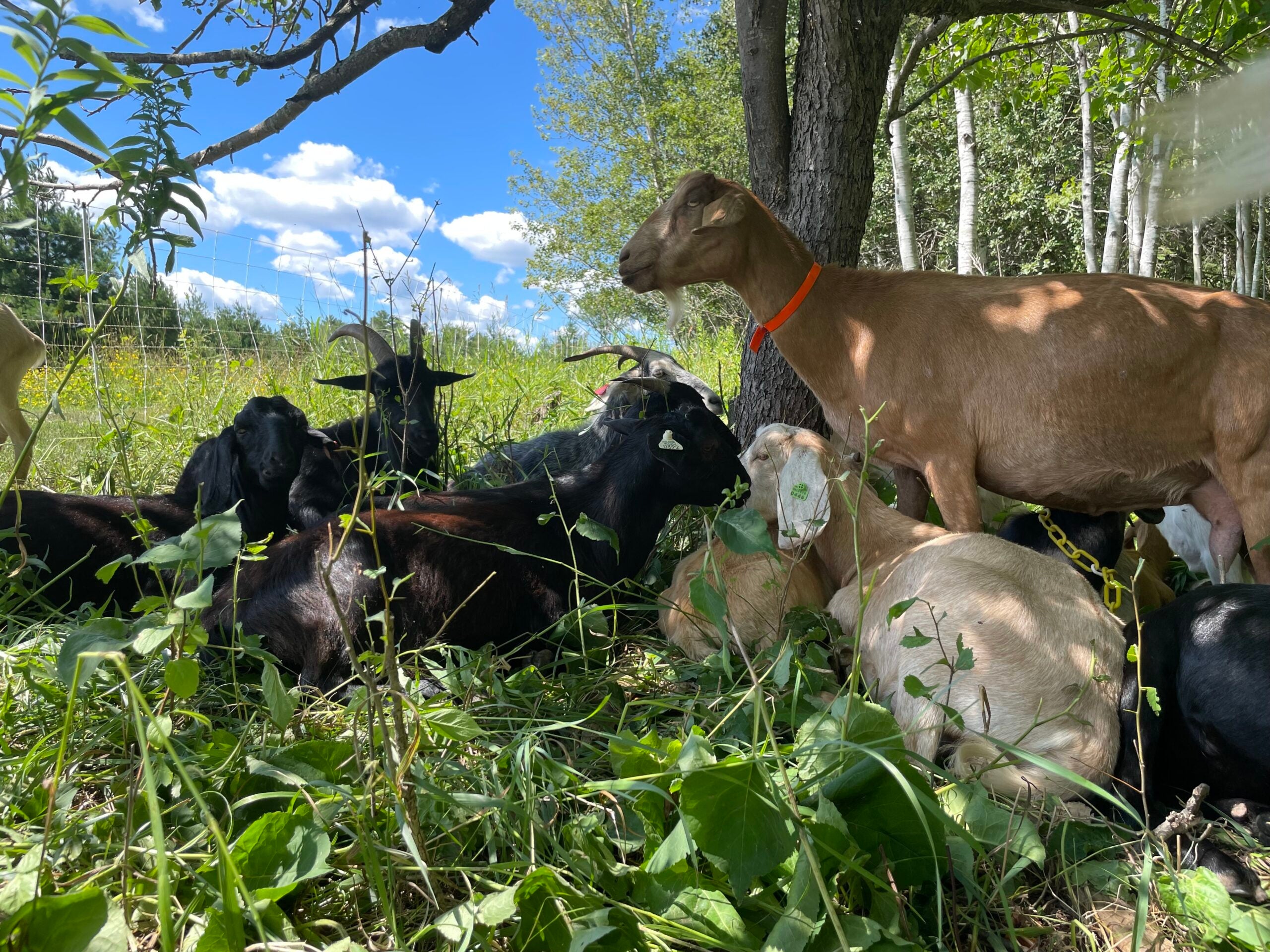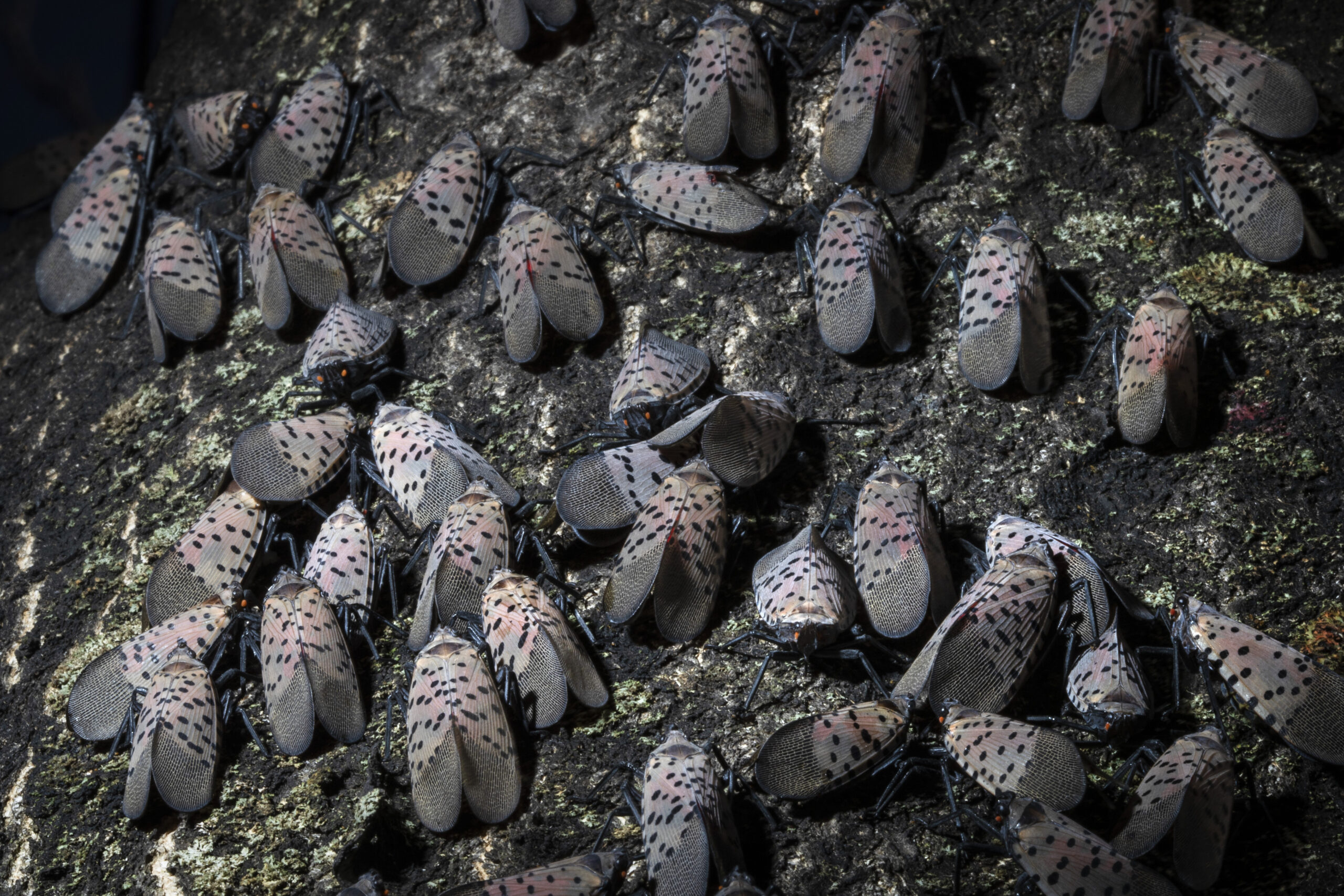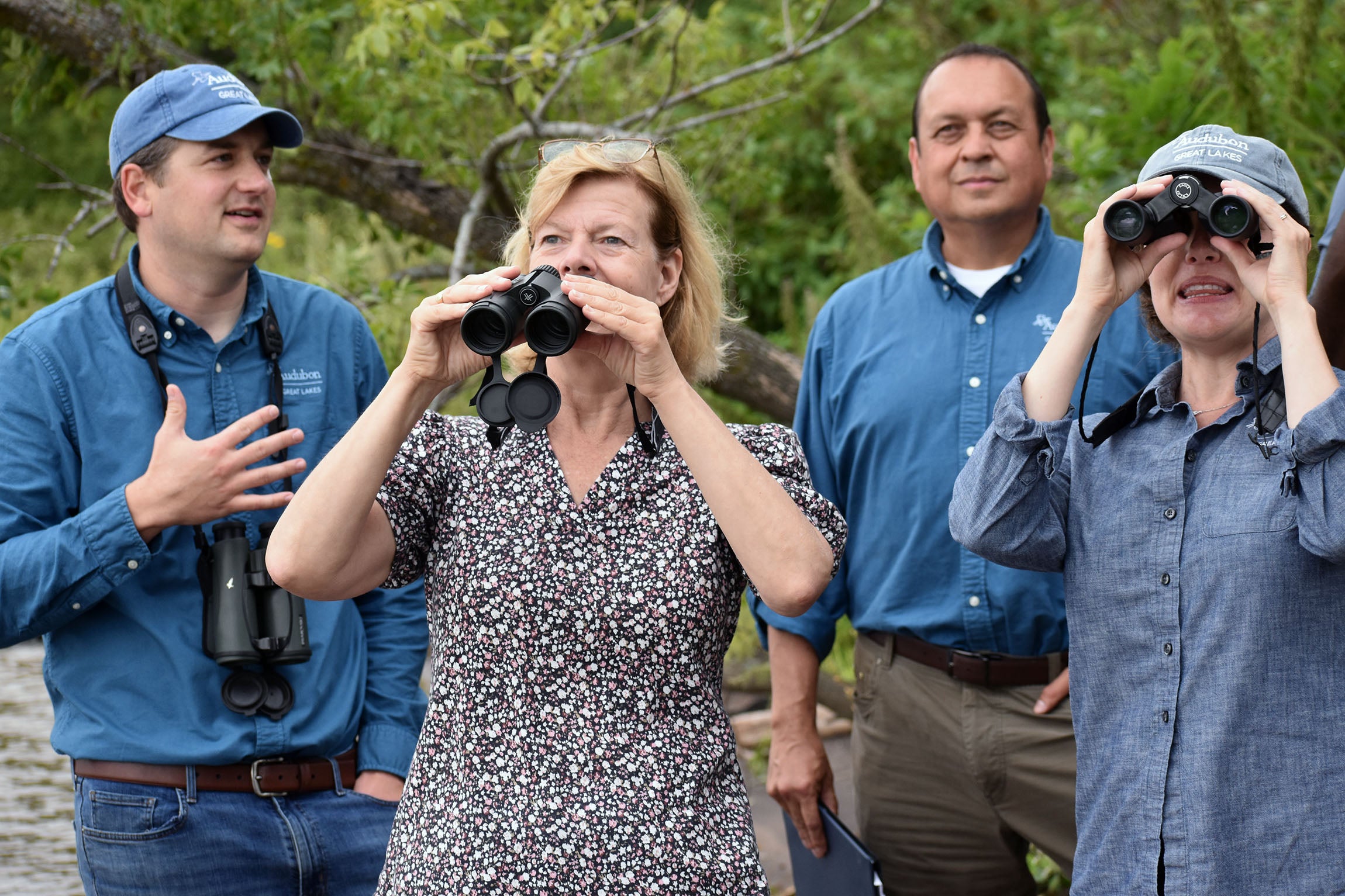The Madison Parks Division has a new tool for removing invasive plants in two of its parks this spring and summer: goats.
About 40 adult and young adolescent goats from a local farm will be periodically put out to graze at Greenside Park and Acewood Conservation Park this spring and fall, with exact the timing dependent on weather conditions, analysis of existing vegetation and management goals.
It’s part of a trial program to manage invasive species and promote the establishment of native vegetation in the city’s parks.
News with a little more humanity
WPR’s “Wisconsin Today” newsletter keeps you connected to the state you love without feeling overwhelmed. No paywall. No agenda. No corporate filter.
Goats eat an average of 8 pounds of vegetation per day, including invasive plants like buckthorn, honeysuckle and garlic mustard, according to the Madison Parks Division.
These invasive plants pose a threat to the whole ecosystem, including large oak trees, said parks conservation resource supervisor Paul Quinlan.
“With the honeysuckle so dense in the understory, the oak seedlings are not able to get established and germinate,” he said.
A benefit of using goats is a reduced need for herbicides, he said. Plus, goats can reach places where large equipment can’t.
“There are a lot of areas that we can’t get into with a tractor just because of large logs on the ground or the terrain itself,” he said. “Goats are great at all that. They can just come in, climb around on places. So they’re really all-terrain.”
It’s one way to help restore the land to how it was many years ago when herds of elk and bison roamed, Quinlan said.
“We’re really missing a lot of what these large ungulate animals can do on the landscape,” he said.
HaakHagen Goat Grazing in Poynette is providing the goats. The herd will be enclosed in a temporary electrified fence while they are grazing, and will remain there for 10 to 14 days two times this year. They will remain in the parks overnight during grazing periods, with parks division staff checking on them daily.
The parks division recommends people who plan on viewing the goats do so from a distance, not entering the electric fence or attempting to touch or feed the goats. Due to the COVID-19 pandemic, the division is also recommending people stay 6 feet apart from each other in parks and stay home if they feel sick.
Wisconsin Public Radio, © Copyright 2025, Board of Regents of the University of Wisconsin System and Wisconsin Educational Communications Board.







